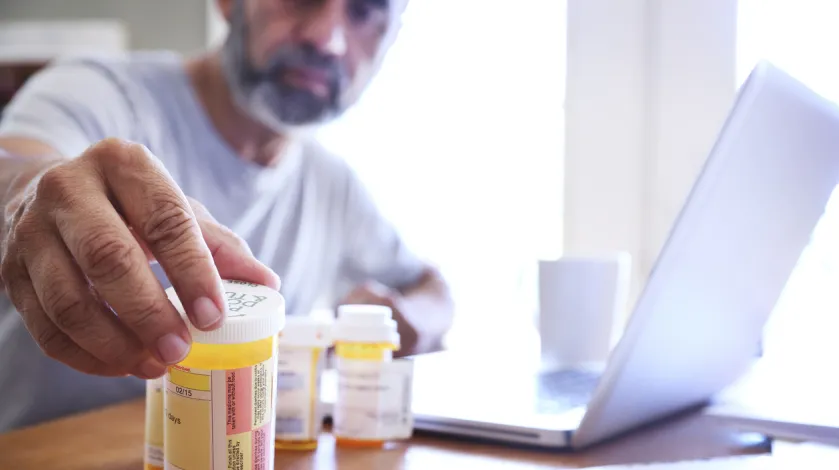What To Do When Your Medication is Recalled
Author

Nicole Allie, PharmD, RPh, BCGP
Patients on valsartan, a blood pressure medication, have seen the Food and Drug Administration (FDA) issue several recalls recently after the agency found it may contain trace amounts of a cancer-causing impurity.
Even if you’re not affected by this specific issue, you may be curious: What steps should you take if a medication you take is in the headlines as part of a recall?
Contact your pharmacy: If you’re concerned your medication may be affected, call your pharmacy right away. Only your pharmacy can confirm if the medication in your cabinet is affected, since they know the manufacturer, lot number, and expiration date of product they dispensed to you.
Determine your next steps: Your pharmacy will likely have information on replacement medications, refunds, as well as any special disposal requirements if your medication is affected. Your pharmacy will also be able to tell you if they are able to get a replacement medication from a different lot of the drug, a manufacturer not affected by the recall, or if you will have to seek a replacement from another pharmacy.
Touch base with your doctor, if necessary: When a recall causes medication shortage, your pharmacy may have to call your provider to ask for a complete switch of treatment to a totally different medication. Your primary care team is happy to work with you to find a replacement if necessary.
Report any issues you experience: If you believe you have experienced an adverse effect from any medication—especially medications that are new to market or that have been recalled—you should fill out an FDA MedWatch adverse event form, or call 1-888-INFO-FDA (1-888-463-6332).
Need a primary care provider? Visit our website to see a list of providers accepting new patients.
Author

Nicole Allie, PharmD, RPh, BCGP







